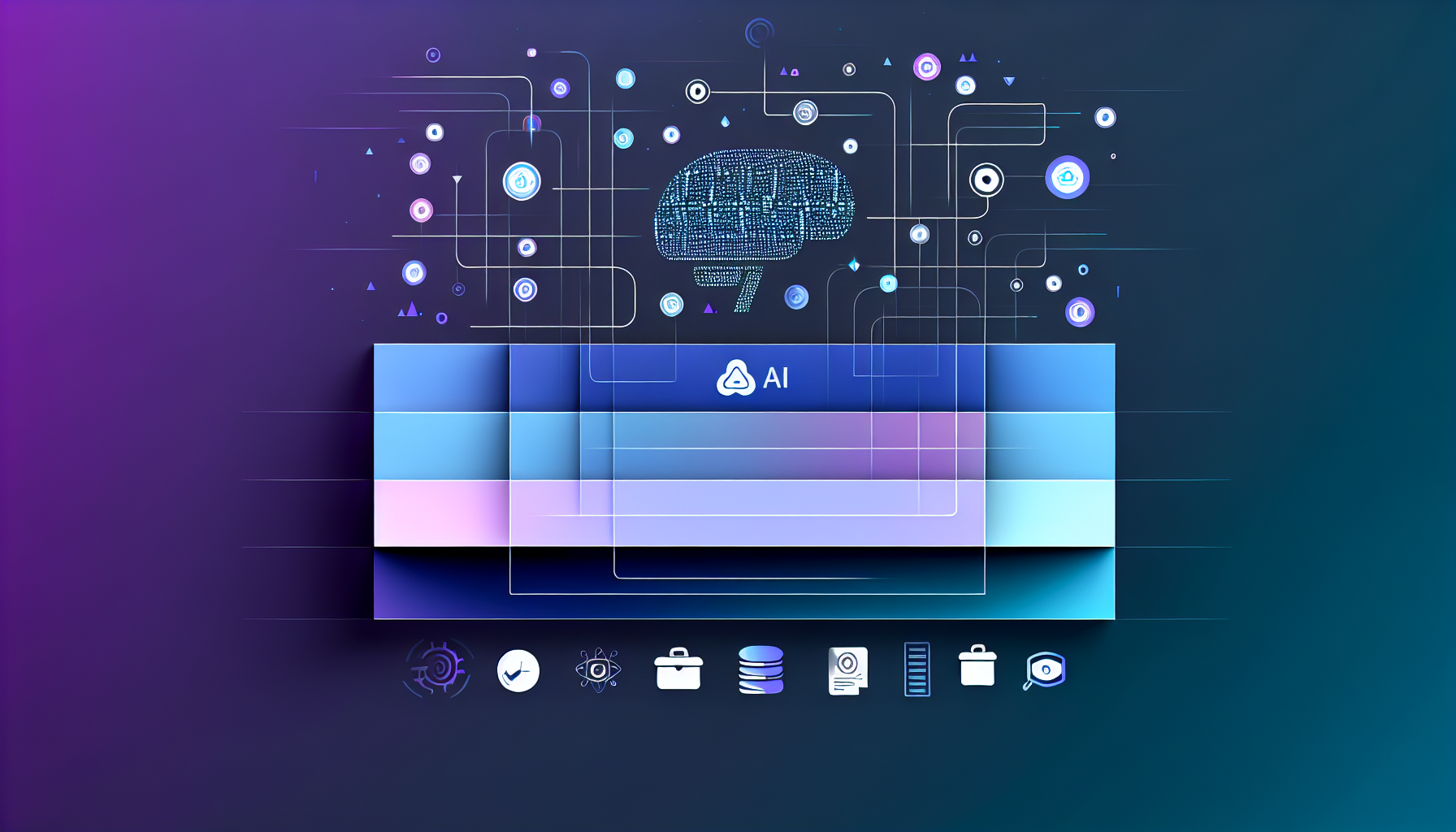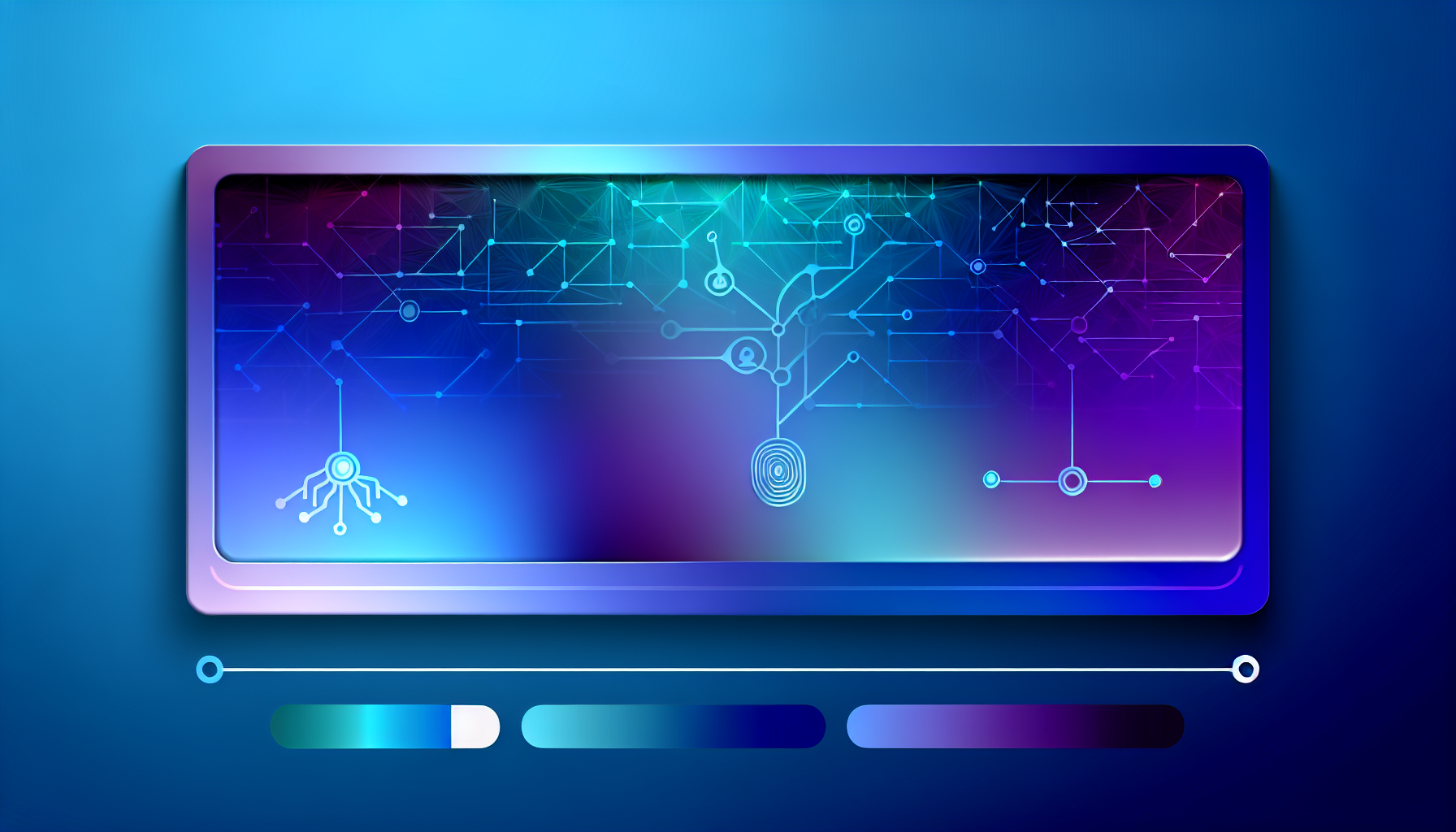How AI Is Revolutionizing Health and Wellbeing in 2025: T...
Meta Description: Discover how AI is transforming health and wellbeing in 2025 with personalized care, mental health support, elder care, and early...

How AI Is Revolutionizing Health and Wellbeing in 2025: Trends, Tools, and Benefits
Meta Description: Discover how AI is transforming health and wellbeing in 2025 with personalized care, mental health support, elder care, and early disease detection.
Introduction: The Rise of AI in Health and Wellbeing
Artificial intelligence (AI) is revolutionizing healthcare and wellbeing like never before in 2025. Traditional healthcare faces significant challenges, including delayed diagnoses, clinician burnout, and limited access to mental health services. Fortunately, AI-powered tools are emerging as a solution, offering early disease detection, personalized treatments, mental health support, and elder care solutions.
In this post, we will explore the latest AI innovations improving health outcomes, enhancing patient experiences, and supporting caregivers. With the growing integration of AI into healthcare systems, individuals are gaining unprecedented access to personalized care that meets their unique needs.
The Rise of AI in Health and Wellbeing
Key Points
- •AI in Clinical Decision-Making: AI is increasingly embedded in clinical decision-making, diagnostics, and workflow automation. According to projections, 90% of hospitals are expected to use AI for early diagnosis and remote monitoring by 2025[^1].
- •Shift from Reactive to Predictive Care: AI tools are shifting healthcare from reactive to predictive care, allowing healthcare providers to anticipate patient needs and intervene early.
- •Integration with Electronic Health Records (EHR): The integration of AI with EHR enhances seamless care coordination, ensuring that healthcare providers have access to the most current patient information for informed decision-making.
Statistics to Include
- •90% of hospitals expected to use AI for early diagnosis and remote monitoring by 2025[^1].
Internal Links
- • Clinical AI Tools
- • Healthcare Data Integration
Latest AI Innovations and Tools in 2025
Personalized Healthcare AI
AI is transforming how healthcare is delivered by tailoring treatments based on an individual's genetics, lifestyle, and health data. Tools like Google’s Gemini-based AI medical copilots assist physicians in real-time decision-making, optimizing patient outcomes.
AI for Mental Health Support
AI chatbots and virtual reality (VR) therapies are providing 24/7 personalized mental health care. These tools employ emotion recognition technology to enhance the effectiveness of therapy, ensuring that patients receive timely support when they need it the most.
AI Solutions for Aging Populations
Innovations like ElliQ and Birdie AI wearables offer benefits specifically designed for aging populations. These devices provide medication reminders, wellness check-ins, and emergency alerts, effectively reducing loneliness and cognitive decline among seniors.
#### Data to Include
- •AI brain scan software has been shown to double accuracy in stroke diagnosis[^6].
- •ElliQ device pricing ranges from $250-$350 with a $30/month subscription for ongoing services[^4].
Internal Links
- • Product Reviews of AI Elder Care Devices
- • Mental Health Apps
Benefits of AI in Early Disease Detection and Personalized Care
Key Points
- •High Accuracy in Disease Detection: AI has been shown to detect diseases like cancer with up to 94% accuracy[^3]. Early detection significantly improves treatment outcomes and reduces overall healthcare costs.
- •Personalized AI-Driven Therapies: AI tailors therapies to individual characteristics, minimizing side effects while optimizing efficacy. This personalization leads to better patient compliance and satisfaction.
Internal Links
- • Case Studies on AI Disease Detection
- • Personalized Medicine
Addressing Common Concerns: Safety, Privacy, and Ethics
Key Points
- •Accuracy and Risks: While AI shows high accuracy, there are risks associated with bias in training data and the potential for false information generation[^3][^5].
- •Patient Privacy Protection: Ethical concerns about data use and transparency are critical, with providers emphasizing secure, monitored AI systems[^3][^5].
- •AI Augmenting Human Care: AI is designed to augment, not replace, human caregivers, improving both efficiency and patient outcomes[^5].
Internal Links
- • AI Ethics
- • Data Security in Healthcare
Comparing AI Solutions with Traditional Healthcare
| Feature/Aspect | AI for Health & Wellbeing | Traditional Healthcare & Wellness |
|---|---|---|
| Personalization | High, data-driven and adaptive | Often generalized, less data integration |
| Accessibility | 24/7 support via apps, wearables, chatbots | Limited to office hours and in-person care |
| Early Detection | AI algorithms detect subtle patterns early | Relies on scheduled tests and symptoms |
| Mental Health Support | AI chatbots, VR therapy, emotion recognition | Face-to-face therapy, limited availability |
| Cost | Variable; upfront + subscription models | Often higher costs, insurance-dependent |
| Human Interaction | Augments but does not replace | Direct human care, but limited availability |
Internal Links
- • Comparison Guides on AI vs Traditional Healthcare
Pricing and Accessibility of AI Health Tools
Key Points
- •ElliQ Pricing: The ElliQ device is priced between $250-$350 with a $30/month subscription for ongoing services[^4].
- •Birdie AI Wearable: The Birdie AI wearable device is expected to be priced between $200-$300, plus subscription fees for caregiver integration[^4].
- •Google Cloud AI Healthcare Tools: These tools are priced per usage and are tailored for enterprise solutions[^4].
- •Increasing Accessibility: AI tools are becoming increasingly accessible through smartphones and wearables, allowing broader populations to benefit from their features.
Internal Links
- • Buying Guides for AI Health Devices
Future Outlook: What’s Next for AI in Health and Wellbeing
Key Points
- •AI Integration with Clinical Workflows: The continued integration of AI with clinical workflows and EHRs is expected to enhance patient care quality[^1][^4].
- •Expansion of AI Mental Health Tools: The growth of AI mental health tools and elder care solutions will provide more tailored and effective support for vulnerable populations[^2][^4].
- •Trust Strategies and Ethical Frameworks: Developing trust strategies and ethical frameworks will be crucial for ensuring safe AI adoption in healthcare[^3].
Internal Links
- • Future Trends in Healthcare AI
FAQs About AI for Health and Wellbeing
1. How is AI improving health and wellbeing in 2025?
AI is enhancing health and wellbeing by enabling early disease detection, personalizing treatment plans, and providing ongoing mental health support through chatbots and virtual assistants.
2. What are the best AI tools for mental health support?
Some of the best AI tools for mental health support include AI chatbots like Woebot and Wysa, which provide 24/7 access to mental health resources and support.
3. Can AI detect diseases earlier than doctors?
Yes, AI has been shown to detect diseases like cancer with high accuracy. For instance, AI algorithms can identify subtle patterns in imaging that may be missed by human doctors.
4. How does AI help seniors live independently?
AI tools like ElliQ and Birdie provide seniors with medication reminders, wellness check-ins, and emergency alerts, promoting independence and improving quality of life.
5. What are the risks of using AI in healthcare?
While AI shows promise, risks include potential bias in data, privacy concerns, and the possibility of generating inaccurate information. It's essential to monitor and regulate AI systems carefully.
6. How much do AI health devices cost?
Prices vary; for example, ElliQ devices range from $250-$350, while Birdie AI wearables are expected to be priced between $200-$300 plus subscription fees[^4].
7. Is AI therapy as effective as traditional therapy?
AI therapy can be effective, offering timely support and accessibility. However, it is not a replacement for traditional therapy, especially for complex mental health issues.
8. What companies lead in AI healthcare innovation?
Companies like Google, IBM Watson Health, and startups like Birdie are at the forefront of AI healthcare innovation, developing tools that enhance patient care and efficiency.
9. How does AI personalize health and wellness plans?
AI personalizes health and wellness plans by analyzing large datasets, including genetic information and lifestyle choices, to tailor interventions that meet individual needs.
10. Are AI health assistants safe and reliable?
AI health assistants are generally safe and reliable, but it is crucial to use systems that comply with ethical standards and maintain patient privacy.
Conclusion
AI is transforming health and wellbeing through personalized care, mental health support, elder care, and early disease detection. While addressing safety and privacy concerns, AI tools are becoming indispensable in modern healthcare.
Clear Next Steps: Explore AI health tools, consult with your healthcare provider about integrating AI solutions, and stay informed about the latest innovations in healthcare.
Final Call to Action
Start your AI-powered health journey today—discover tools that enhance your wellbeing and independence.
For more personalized assistance, consider trying out AI tools like Woebot for mental health support or ElliQ for elder care.
This comprehensive overview of AI for health and wellbeing aims to provide genuine value to readers, offering insights into the transformative potential of AI in healthcare while addressing common concerns and encouraging informed decision-making.
Let me know if you want to dive deeper into any specific area or need further assistance!
Share this article
About AI Tools Review Team
Expert researcher and writer at NeuralStackly, dedicated to finding the best AI tools to boost productivity and business growth.
View all postsRelated Articles
Continue reading with these related posts

OpenAI Replaces Anthropic in Pentagon AI Deal Amid Ethics Showdown
Defense Secretary declares Anthropic a "supply chain risk" after the company refused military demands. OpenAI steps in with assurances against autonomous weapons.

Samsung Commits to AI-Driven Autonomous Factories by 2030
South Korean giant announces plan to integrate AI across entire manufacturing value chain using digital twins, agentic AI, and humanoid robots.

Apple CarPlay Opens to ChatGPT, Gemini, and Claude: Siri Loses Monopoly
Apple is opening CarPlay to third-party AI chatbots for the first time with iOS 26.4. The update will allow drivers to use ChatGPT, Google Gemini, and Anthropic Claude directly ...